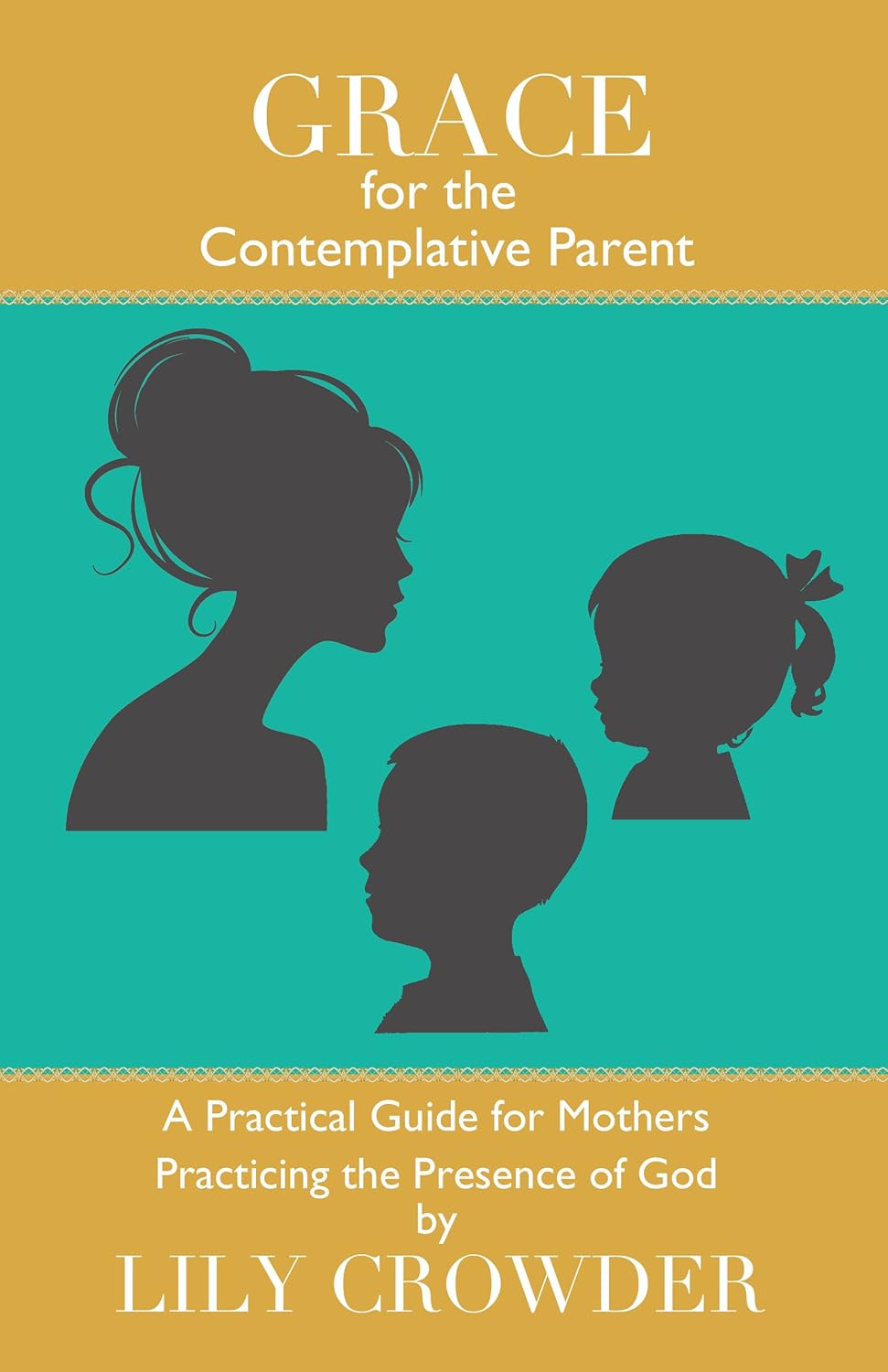Many of my readers know I am a psychologist with a specialty in spirituality and psychology. My BA is in Religious Studies, my PsyD (Doctor of Psychology) had an emphasis on spiritual integration, my dissertation and other scholarly work has focused on the topic, and I'm currently the chair of my organization's spirituality awareness committee. I have provided many trainings on the topic of spirituality and mental health.
Through it all, one of the most common issues is the apparent contradiction of spirituality and psychology, especially within the Christian traditions. Scathing comments from some of psychology's biggest initial names (like Freud, Ellis, and Watson), have really shaped the landscape of interactions between spirituality and mental health providers. Both sides are often afraid to talk to the other based on the assumption that they hate one another. What we need is peacebuilding.
Accurate information can be extremely helpful for peacemaking efforts. So I want to share some history about spirituality and mental health to help demonstrate that the two have, historically, actually been more partners than enemies.
In fact, the earliest people to provide assistance were faith communities. The fourth and fifth centuries included the building of monasteries for the mentally ill by St. Basil in Caesarea, St. Jerome in Bethlehem, and St. Benedict in Monte Cassino. Just by the individuals' titles emphasizes that these were not small, unknown efforts, either. The Middle Ages provided government asylums, where the public could sometimes pay to watch the mentally ill in chains for entertainment. Phillipe Pinel, a French Roman Catholic, was a major advocate for reform of these asylums, and his reforms spread throughout Europe. An English Quaker, William Tuke, established the York Retreat for the Humane Care of the Insane, and his model spread to the US. Today, many faith-based or faith-friendly organizations and institutions focus on humane, ethical treatment of the mentally ill. Some examples include LDS Family Services, Jewish Family Services, Jewish Federations, Institute for Muslim Mental Health, the Christian Association for Psychological Studies, NAMI’s FaithNet, and Mental Health Ministries.
Much to the surprise of many in the mental health world, it has, in fact, been individuals of faith who have led many of the efforts to improve the treatment conditions of the mentally ill. Some of the most inhumane efforts have been from the biggest critics of spirituality.
On the mental health side, virtually every major professional organization lists appropriately addressing religion or spirituality as part of their ethics code now. This includes the American Psychological Association, the National Association of Social Workers, the American Association of Marriage and Family Therapy, and NAADAC, the Association for Addiction Professionals. The public mental health system even acknowledges the importance of spirituality in treatment. See the California Mental Health and Spirituality Initiative and LA County's spirituality efforts, including a Clergy Advisory Committee and an annual conference.
While not everyone on either side of spirituality and mental health are interested in collaborating and making peace, increasingly, most people are interested in not only being cordial, but finding ways to be mutually reinforcing and beneficial. So let's stop making assumptions about each other and assume we have the same goals at heart.
Shameless plug: For those in Southern California and interested in these topics, I'll be on a panel at the University of Redland's Symposium on Integrating Spirituality and Mental Health on October 29. More information is available here and here.
Other synchroblog participants:
- Sarah Griffith Lund – Stronger Together
- Liz Dyer – Finding the Courage to Break the Silence
- Stacy Sergent – No Longer Protecting Secrets
- Patricia Watson – Grace Amid Crazy
- Glenn Hager – When Mental Illness Strikes Home
- Crystal Rice – Looking Well on the Outside
- Cara Strickland – Making Peace With My Mental Illness
- Jeremy Myers – A True Foot Washing Service
- David Hosey – The church, the psych ward, and me
- Ona Marie – Mental Illness, Family, and Church
- Carol Kuniholm – A Prayer for the Broken
- Susan Herman – 3 Self Care Rituals for Managing Tough Transitions
- Eric Atcheson – Blessed Are The Crazy
- Joan Peacock – “Alice in Wonderland”, a Bipolar BookGroup Discussion Guide
- Justin Steckbauer – Mental Illness, Awareness, and Jesus
- Kathy Escobar – Mental Illness: 3 Sets of 3 Things
- Leah Sophia – Mental Illness/Health Awareness
- Josh Morgan – Peace Between Spirituality and Mental Health
- Tara Ulrich – Breaking the Silence
- Sarah Renfro – Blessed Are The Crazy
- Steve Hayes – Mental illness and the Christian faith
- Mindi Welton-Mitchell – Breaking the Silence: Disability, Mental Illness and the Church
- Michelle Torigian – A Life of Baby Steps
- Bec Cranford-Smith – Mental Health and the Pastor
- Loveday Anyim – My Mental Health is your Business









